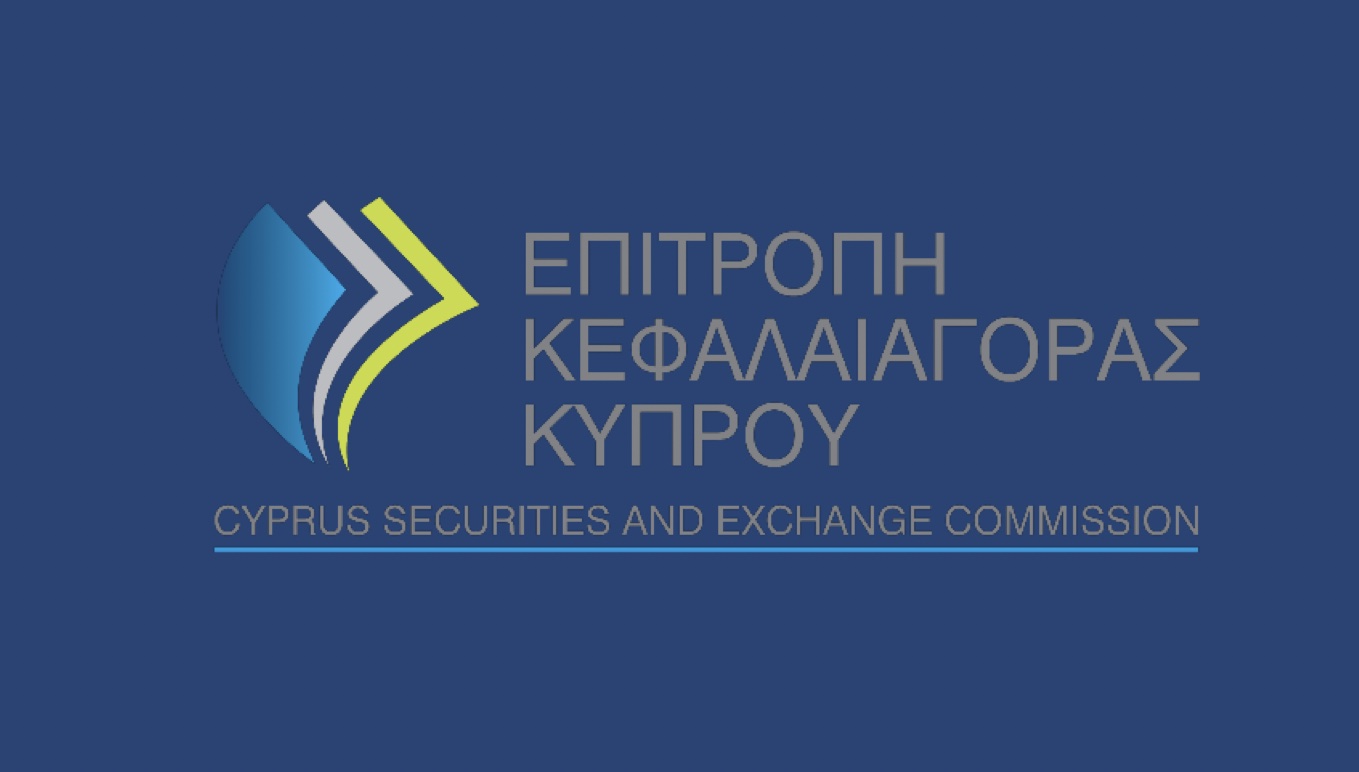CySEC Outlines Regulatory Priorities for 2024
The Cyprus Securities and Exchange Commission (CySEC) has outlined its regulatory priorities for 2024.

The Cyprus Securities and Exchange Commission (CySEC) outlined its regulatory priorities for 2024.
The regulatory agenda for 2024 remains centered around the following key priorities:
- Strengthening regulation of high-risk and medium-to-high-risk companies, with particular focus on cross-border activities, to prevent harm to consumers from complex financial products such as distribution of contracts for difference.
- Promoting a compliance-oriented culture within the management bodies and key function holders of companies, aiming to foster sustainable compliance behavior.
- Proactively addressing and effectively managing any potential adverse events in a timely manner to minimize their impact.
In 2024, CySEC's main areas of focus include ensuring compliance with professional conduct rules, including information provided to (potential) clients (including marketing communications), client onboarding processes (including categorization, suitability, and target market assessment), personnel remuneration, conflicts of interest, product monitoring, national intervention measures related to the offering, distribution, and sale of contracts for difference, as well as cross-border provision of services.
The regulatory body will also carefully assess practices that may have negative impacts on investors and markets, such as providing fractional share services, informing investors about costs and charges, communication through affiliates and influencers, implementing sustainability requirements, pre-trade controls, and the use of mirror trading.
CySEC will also evaluate the adaptability of CIF business models, with a focus on arrangements made to monitor their capital adequacy (first and second pillars). It will also examine compliance with reporting requirements and disclosure of relevant information (third pillar).
Another priority is for measures to be developed and implemented by central investment funds when early signs of financial distress emerge, to ensure their sustainability.
The regulatory body will also assess the adequacy of CIF governance frameworks, with a focus on effective procedures for identifying, monitoring, and managing risks they face or may face, as well as compensation policies.
The committee will assess the implementation of risk mitigation measures in the field of information and communication technology, as well as readiness for implementing DORA. Additionally, the regulatory body will examine the preparedness for implementing MiCA.
The above assessments will be carried out utilizing various regulatory tools, employing a risk-based regulatory approach, including but not limited to ongoing monitoring, on-site inspections, off-site/desk reviews, thematic reviews, regulatory meetings, or any other necessary actions.
Disclaimer: The views in this article are from the original Creator and do not represent the views or position of Hawk Insight. The content of the article is for reference, communication and learning only, and does not constitute investment advice. If it involves copyright issues, please contact us for deletion.